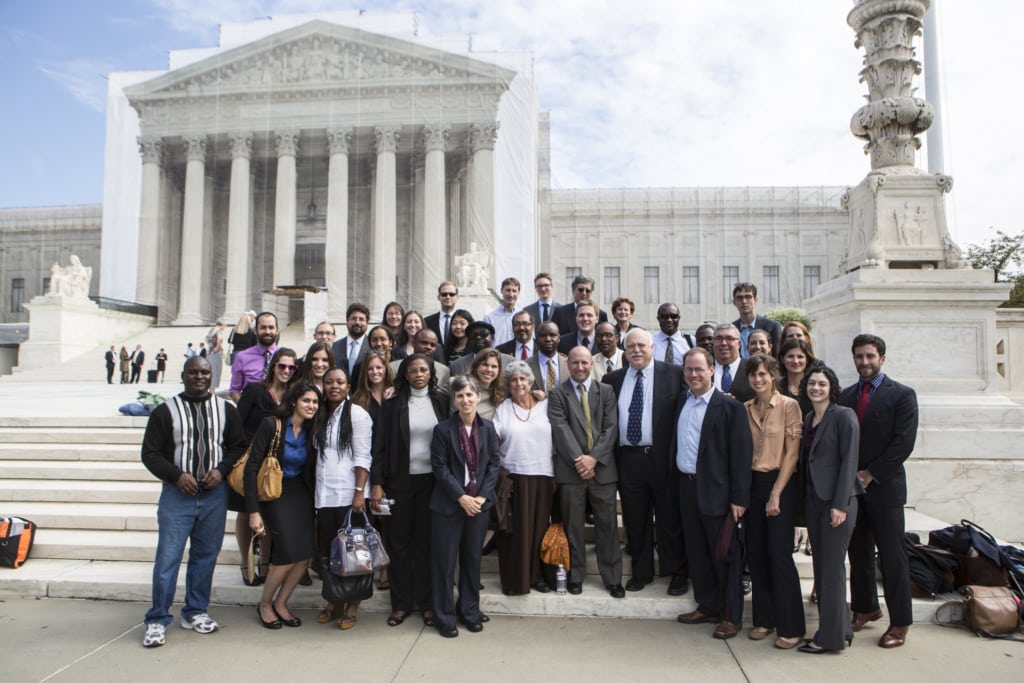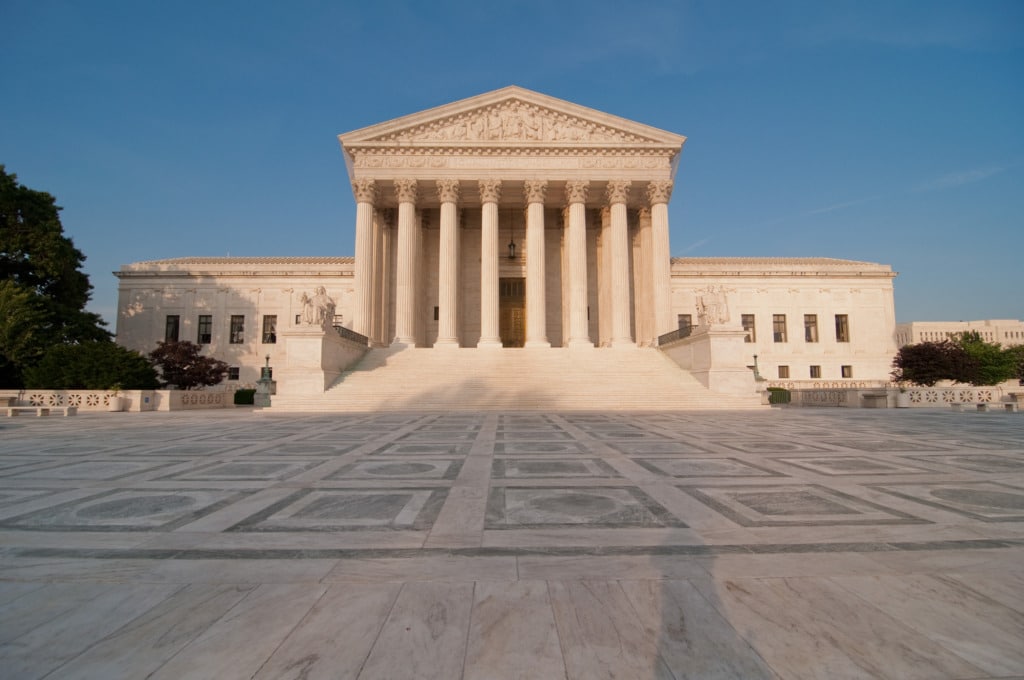Microsoft and Contractual Ambiguity
Microsoft Corporation (Microsoft) has a market capitalization of $2.14 trillion. It reported $204 billion in revenue in 2022. Its legal team is reportedly comprised of 1,500 people worldwide. Microsoft is the proverbial 800-pound gorilla in contract negotiations. A recent case suggests, however, that Microsoft has yet to master the art of drafting a forum selection…
Continue ReadingOpen Questions after Halkbank
The Supreme Court held this week in Türkiye Halk Bankasi, A.S. v. United States that the Foreign Sovereign Immunities Act (FSIA) does not apply to criminal prosecutions. That holding was a blow to Halkbank—a foreign state-owned enterprise under indictment—which had argued that the FSIA provided it with immunity. But the case is not over. The…
Continue ReadingThrowback Thursday: Kiobel v. Royal Dutch Petroleum Co.
Ten years ago this week, the U.S. Supreme Court handed down its decision in Kiobel v. Royal Dutch Petroleum Co., applying the presumption against extraterritoriality to the implied cause of action for human rights violations under the Alien Tort Statute (ATS). In Kiobel, the Court began to whittle down the cause of action it had…
Continue ReadingSupreme Court decides Halkbank
The Supreme Court issued its opinion in Halkbank this morning. The Court held that the Foreign Sovereign Immunities Act does not apply to criminal prosecutions and remanded the case to consider common law immunity. More coverage soon on TLB.
Continue ReadingForum Selection Clauses, Non-Signatories, and Personal Jurisdiction in New York
As a general rule, the law will not vest contractual rights in (or impose contractual obligations upon) individuals who are not parties to an agreement. Over the past few decades, however, the courts have had occasion to relax this rule in the context of forum selection clauses. As previously discussed here and here and at…
Continue ReadingPreview of Supreme Court Argument in Civil RICO Extraterritoriality Case
On April 25, the U.S. Supreme Court will hear oral argument in Yegiazaryan v. Smagin and CMB Monaco v. Smagin, which ask how RICO’s private right of action applies to intangible property, in this case a California judgment confirming a foreign arbitral award. The cases have important implications not just for civil RICO but also for international arbitration….
Continue ReadingConference to Honor Professor Linda Silberman
On April 20-21, this coming Thursday and Friday, the Center for Transnational Litigation, Arbitration, and Commercial Law at NYU School of Law will hold a conference to honor Professor Linda Silberman, who retired in 2022 after 51 years of teaching. The conference is free, but registration is required. The conference program can be viewed here….
Continue ReadingA Primer on Foreign Sovereign Immunity
The immunity of states from the jurisdiction of foreign domestic courts is a long-standing and mostly uncontroversial principle of customary international law. The International Court of Justice has described foreign sovereign immunity as a procedural doctrine of international law, one that “derives from the principle of sovereign equality of the States.” As a practical matter,…
Continue ReadingChina’s Draft Law on Foreign State Immunity Would Adopt Restrictive Theory
On the question of foreign state immunity, the world was long divided between countries that adhere to an absolute theory and those that adopted a restrictive theory. Under the absolute theory, states are absolutely immune from suit in the courts of other states. Under the restrictive theory, states are immune from suits based on their…
Continue ReadingBoston Jury Awards $15.5 Million in a Transnational Human Rights Case
Last month we reported on a sensible decision by Judge Allison D. Burroughs of the District of Massachusetts rejecting a defendant’s vague invocations of international comity as a basis for abstention. That decision cleared the way for trial on the plaintiffs’ claims that the defendant, Jean Morose Viliena, targeted them and their families for extrajudicial…
Continue Reading






